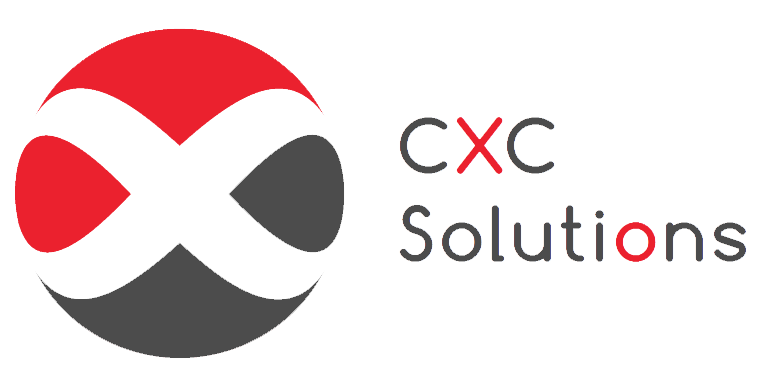THE ‘STATE’ OF ACA STATE-LEVEL INDIVIDUAL MANDATES And What It Means For Employers

Are there any extensions for Form 5500 filing due to COVID-19?
April 28, 2020
IRS Releases New Dates for 2020 ACA Filings
October 7, 2020By William Stalvey, Senior Sales Executive


What Are State-Level Individual Mandates All About?
Beginning in 2014, the ACA’s Individual Mandate placed certain penalties on American citizens who did not maintain minimum levels of essential health coverage. Until 2018, the Federal Government enforced these tax penalties, only to “repeal” the law as of January 1st, 2019 by reducing the penalty to $0 via the Tax Cuts and Jobs Act of December 2017.
While many Americans were in favor of this action, it had a negative impact on the cost of overall health insurance premiums within the marketplace, as well as the number of uninsured. To curb this trend, certain states have enacted their own state-level individual mandates and penalties.
The procedure for verifying an individual’s health coverage often reflects Federal ACA Reporting processes. When filing state-based income tax returns, taxpayers should determine whether their state of residence requires disclosure of their health coverage during the prior calendar year; often with supporting documentation as proof of insurance (such as a Form 1095-C). Naturally, the enforcement of these mandates imposes a reporting obligation on employers as well.
Which States Enforce Individual Mandates?
| STATE | EFFECTIVE DATE | LEGISLATIVE SOURCE | |
 | District of Columbia | January 1st, 2019 | Individual Taxpayer Health Insurance Responsibility Requirement |
 | California | January 1st, 2020 | California Health Care Reform for Individuals |
 | Massachusetts | April 12th, 2006 | Massachusetts Health Care Reform for Individuals |
| New Jersey | January 1st, 2019 | New Jersey Shared Responsibility Requirement | |
| Rhode Island | January 1st, 2020 | Rhode Island Division of Taxation Health Coverage Mandate | |
| Vermont* | January 1st, 2020 | Vermont Individual Mandate |
Which states are actively considering their own Individual Mandates?
In addition to D.C. and the five States listed above, there are five other States actively considering implementing their own State-Level Individual Mandate:
- Connecticut
- Hawaii
- Maryland
- Minnesota
- Washington
What Does This Mean for Employers?
While employer obligations are still being formulated, employers are and will continue to be subject to some form of state-level reporting responsibility. In addition to abiding Federal ACA Reporting requirements, employers with employees residing within the aforementioned states should:
- Verify whether the state requires its own reporting Form(s) or if preestablished Federal Forms are allowed.
- Notify employees of what materials, if any, the employer will be supplying.
Conclusion
More and more states are expected to enact their own ACA state-level individual mandate, emphasizing the need for compliance awareness. Now is the time for employers to determine whether they have employees residing in a state with an individual mandate and, if so, to partner with the industry leader in Federal and State-Level ACA Reporting.
CXC Solutions offers the industry standard in ACA reporting service, having generated over 2 million 1095-C forms to date. If your organization needs help evaluating ACA strategies to ensure compliance with stringent state-level regulations, please contact us at info@cxcsolutions.com




